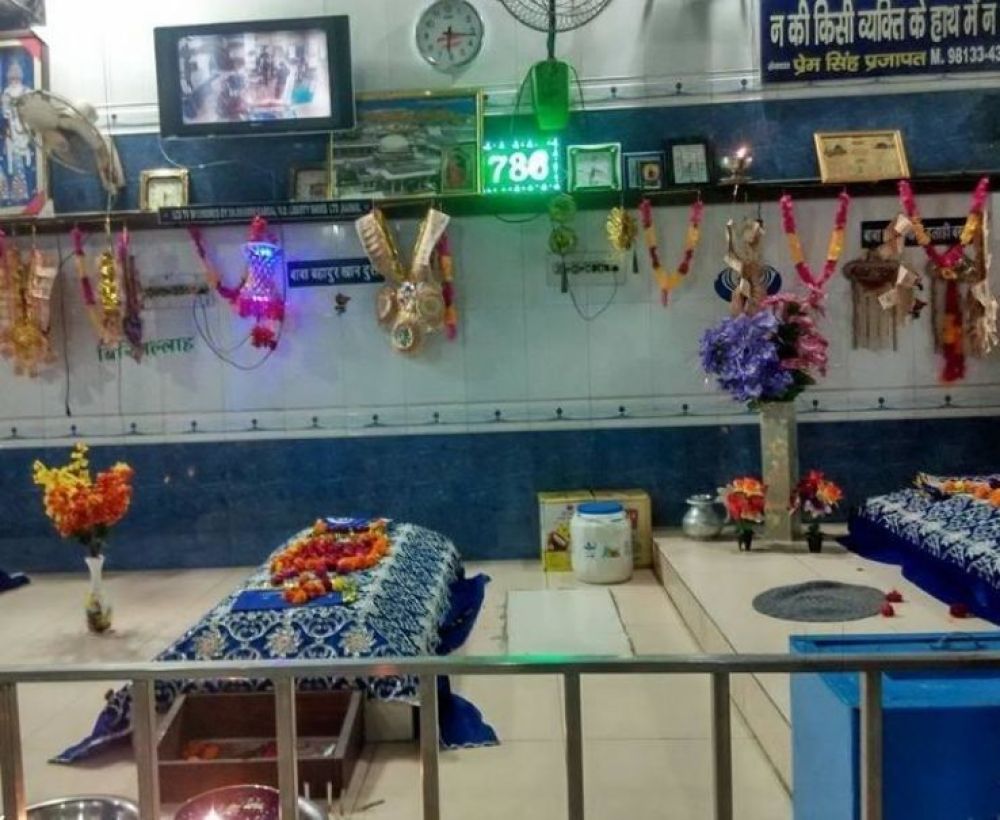

The Pukka Pul, also known as the Sayyad’s Shrine or the Mugal Bridge, is an ancient bridge situated in the historic city of Karnal, Haryana, India. Karnal itself is steeped in history, being associated with the Mahabharata and named after Karna, a key figure in the epic. The Pukka Pul has been a lesser-known but significant element of Karnal’s historical landscape.
Tourism in Karnal, including visits to the Pukka Pul, has a rich history. The bridge dates back to the Mughal era and was built to facilitate the crossing of the Yamuna River. Over the years, Pukka Pul has attracted visitors due to its historical significance and architectural merit. However, it was not until recent decades that the Haryana Tourism Department recognized its potential as a tourist attraction.
Efforts have been made to conserve and promote the Pukka Pul alongside other historical sites in Karnal, including the Karnal Fort and the Tomb of Kalandar Shah. Though it might not match the popularity of other Indian landmarks, it attracts history enthusiasts, architecture buffs, and those interested in the legacy of the Mughal empire in India.
The latest trends in tourism at Pukka Pul reflect a broader shift toward experiential and sustainable tourism. Visitors are increasingly interested in immersive experiences that allow them to connect with the local culture and history. This has led to:
The Haryana government has also undertaken initiatives to improve infrastructure and provide better facilities for tourists visiting Pukka Pul. Such efforts, coupled with the growing interest in India's lesser-known monuments, indicate a promising future for tourism at Pukka Pul.
Despite its potential, Pukka Pul faces challenges such as the need for better conservation, promotion, and integration into larger travel circuits. However, the growing trend of heritage tourism provides an opportunity for Pukka Pul to emerge as a key stop for interested tourists exploring the region's Mughal past. The bridge's historical significance as part of the region's Silk Route further adds to its allure.
As the world continues to discover the rich tapestry of India's history, Pukka Pul stands as a silent yet enduring testament to the nation's architectural legacy and remains a captivating destination for those seeking to delve into the historical narratives of Haryana.